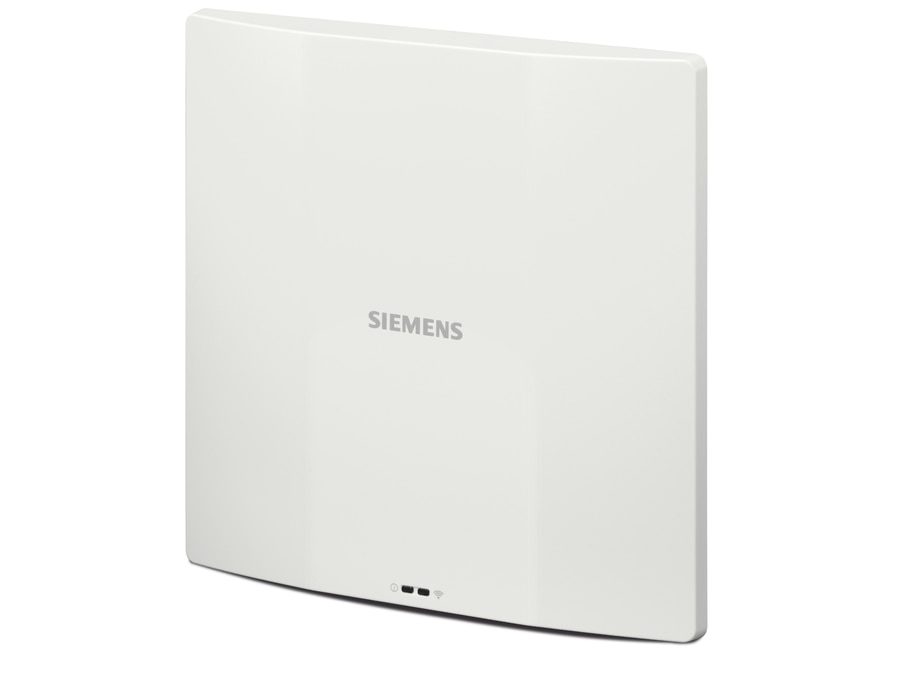1. EXECUTIVE SUMMARY
-
CVSS v3 5.9
- ATTENTION: Exploitable remotely/public exploits are available
- Vendor: Siemens
- Equipment: SCALANCE W1750D
- Vulnerability: Cryptographic issues
2. RISK EVALUATION
Successful exploitation of this vulnerability could allow an attacker to decrypt TLS traffic.
3. TECHNICAL DETAILS
3.1 AFFECTED PRODUCTS
Siemens reports the vulnerability affects the following SCALANCE W1750D products:
- SCALANCE W1750D: All versions prior to v8.3.0.1
3.2 VULNERABILITY OVERVIEW
3.2.1 CRYPTOGRAPHIC ISSUES CWE-310
An attacker with network access to affected devices could potentially obtain a TLS session key. If the attacker is able to observe TLS traffic between a legitimate user and the device, the attacker could decrypt the TLS traffic.
CVE-2017-13099 has been assigned to this vulnerability. A CVSS v3 base score of 5.9 has been assigned; the CVSS vector string is (AV:N/AC:H/PR:N/UI:N/S:U/C:H/I:N/A:N).
3.3 BACKGROUND
- CRITICAL INFRASTRUCTURE SECTORS: Chemical, Energy, Food and Agriculture, Healthcare and Public Health, Transportation Systems, Water and Wastewater Systems
- COUNTRIES/AREAS DEPLOYED: Worldwide
- COMPANY HEADQUARTERS LOCATION: Germany
3.4 RESEARCHER
Siemens reported this vulnerability to NCCIC.
4. MITIGATIONS
Siemens provides a firmware update (v8.3.0.1) and recommends users to update to the new version. This update can be found on their website at the following location:
https://support.industry.siemens.com/cs/us/en/view/109760581
To reduce the risk, Siemens recommends administrators restrict access to the web interface of the affected devices.
As a general security measure, Siemens strongly recommends protecting network access to devices with appropriate mechanisms. In order to operate the devices in a protected IT environment, Siemens recommends configuring the environment according to Siemens’ operational guidelines for industrial security (https://www.siemens.com/cert/operational-guidelines-industrial-security), and following the recommendations in the product manuals.
Additional information on Industrial Security by Siemens can be found at:
https://www.siemens.com/industrialsecurity
For more information on this vulnerability and associated software updates, please see Siemens security advisory SSA-464260 on their website:
https://www.siemens.com/cert/advisories
NCCIC recommends users take defensive measures to minimize the risk of exploitation of this vulnerability. Specifically, users should:
- Minimize network exposure for all control system devices and/or systems, and ensure that they are not accessible from the Internet.
- Locate control system networks and remote devices behind firewalls, and isolate them from the business network.
- When remote access is required, use secure methods, such as Virtual Private Networks (VPNs), recognizing that VPNs may have vulnerabilities and should be updated to the most current version available. Also recognize that VPN is only as secure as the connected devices.
NCCIC reminds organizations to perform proper impact analysis and risk assessment prior to deploying defensive measures.
NCCIC also provides a section for control systems security recommended practices on the ICS-CERT web page. Several recommended practices are available for reading and download, including Improving Industrial Control Systems Cybersecurity with Defense-in-Depth Strategies.
Additional mitigation guidance and recommended practices are publicly available on the ICS-CERT website in the Technical Information Paper, ICS-TIP-12-146-01B–Targeted Cyber Intrusion Detection and Mitigation Strategies.
Organizations observing any suspected malicious activity should follow their established internal procedures and report their findings to NCCIC for tracking and correlation against other incidents.
Source:
https://ics-cert.us-cert.gov/advisories/ICSA-18-282-02


Stay connected